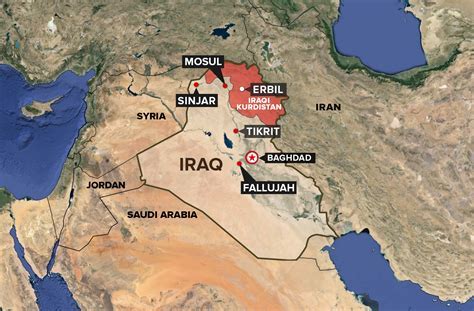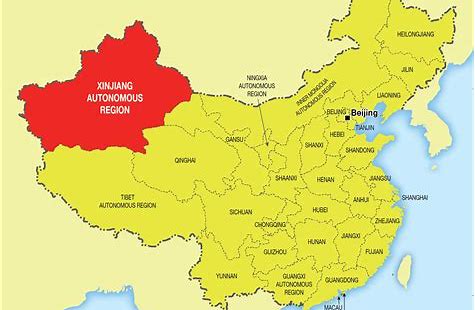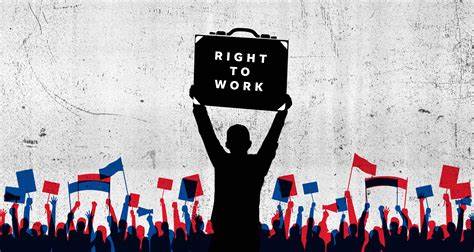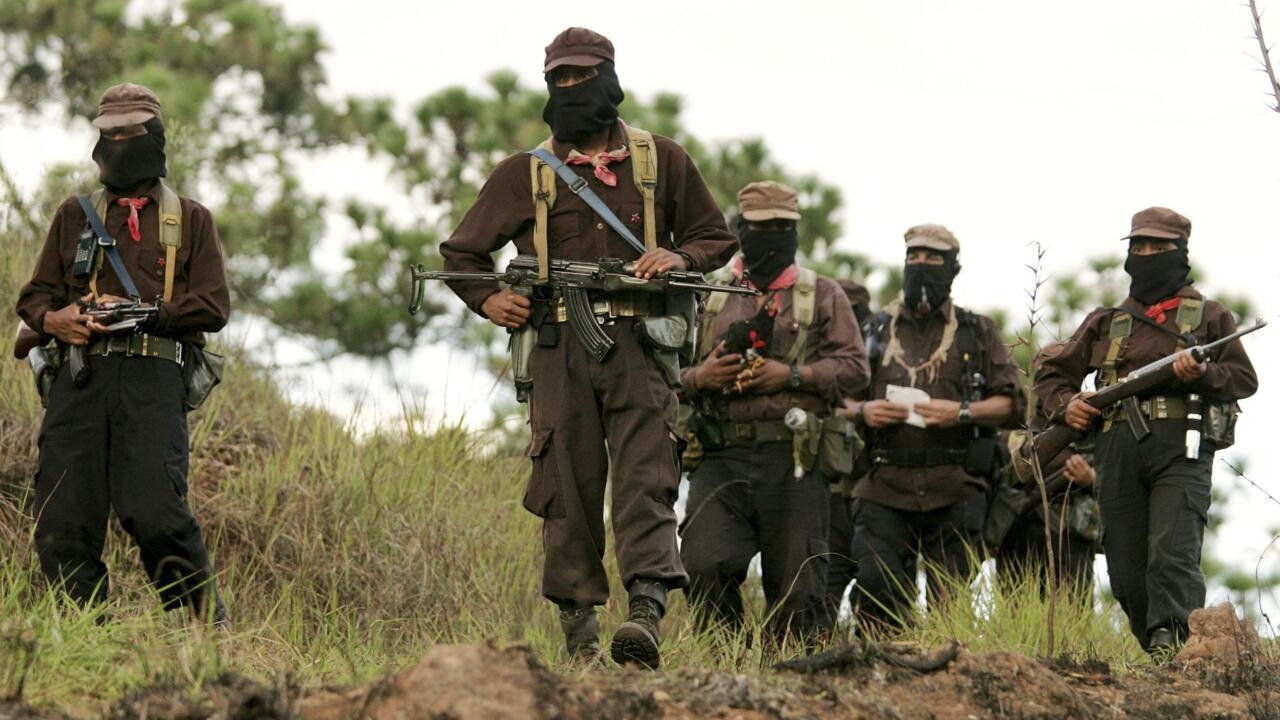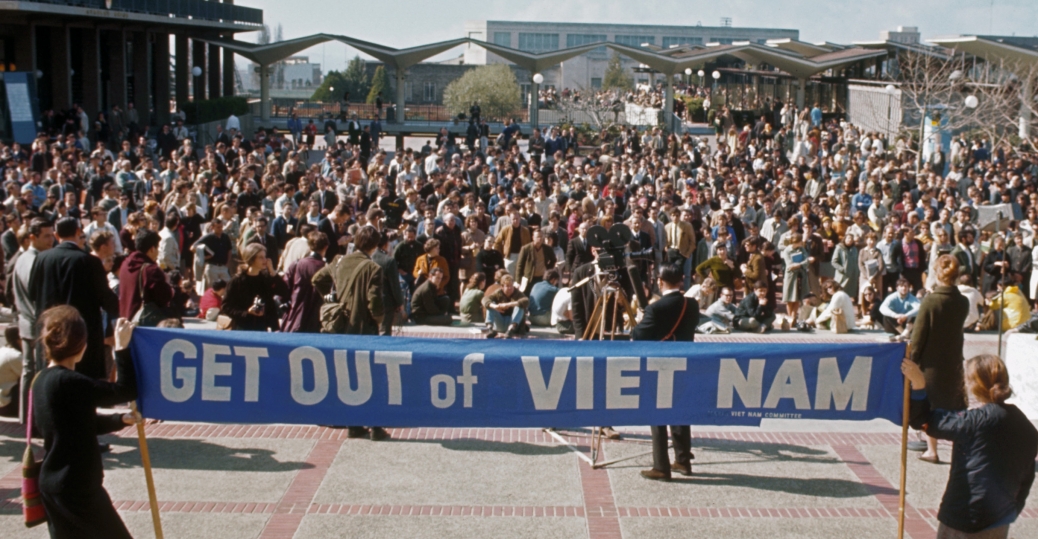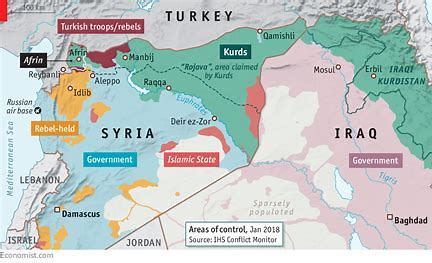
Crowds attend a funeral procession for Kurdish fighters and civilians who were killed during clashes between Kurdish security forces and pro-government forces in Qamishli, Syria, on April 27, 2016.
Rodi Said/Reuters
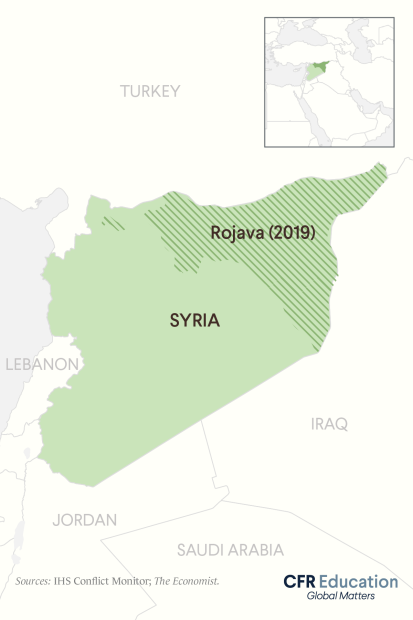
Approximately thirty million Kurds live in Iran, Iraq, Syria, and Turkey, forming one of the world’s largest ethnic groups without a country. For decades, the Syrian government banned the Kurdish language in schools and denied thousands of Kurds citizenship. But in 2013, during the chaos of the Syrian civil war, Syrian Kurds declared an autonomous region called Rojava. In this region, Kurdish authorities now run schools, administer the government, and defend local borders. Rojava’s leading political party emphasizes decentralization (in which people vote at the village level and local communities make as many decisions as possible). They ultimately envision a united Syria in which each region still has room to preserve its culture. However, the Syrian government has refused to recognize Rojava’s autonomy.
The Objections
Leaders of self-determination movements are generally clear about their demands. So what’s stopping countries from giving them what they want?
A country usually has multiple, often overlapping reasons why it wouldn’t want part of its territory to become independent, join a neighboring country, or even gain greater autonomy.
For one, countries seek to maintain control over territories that are rich in natural resources and have geostrategic value.

